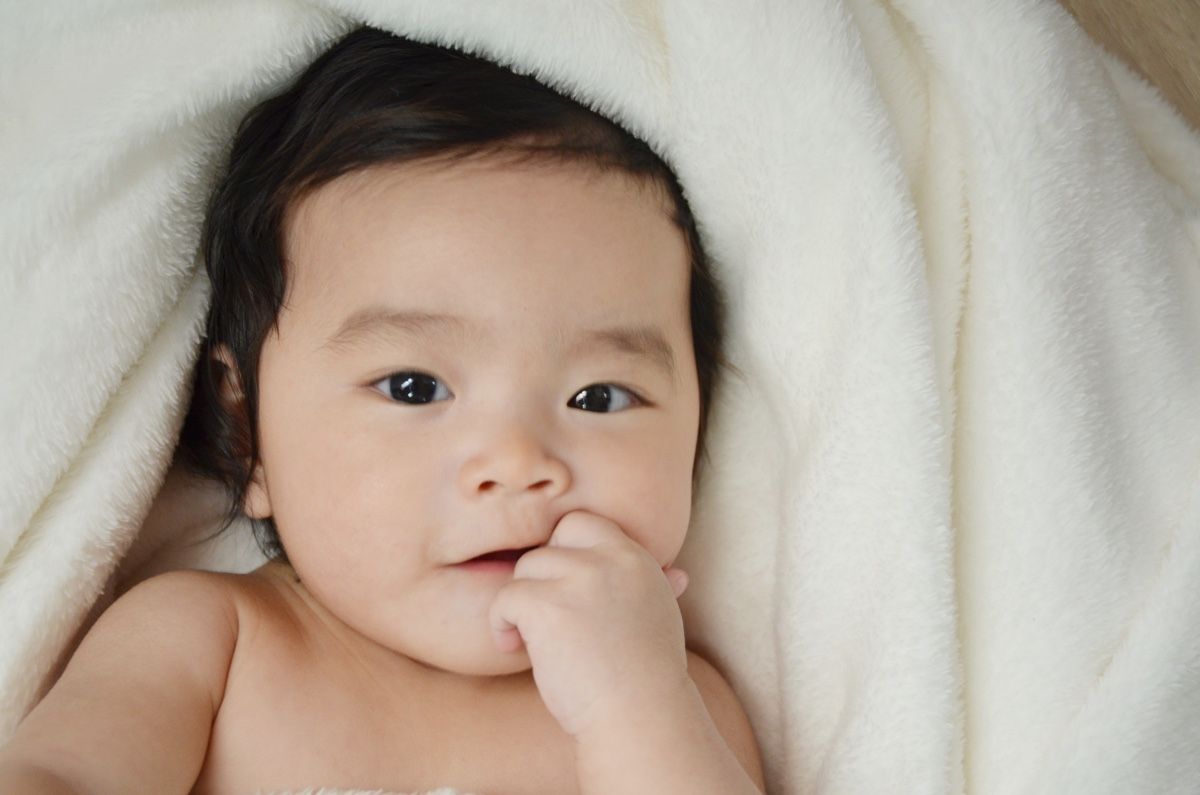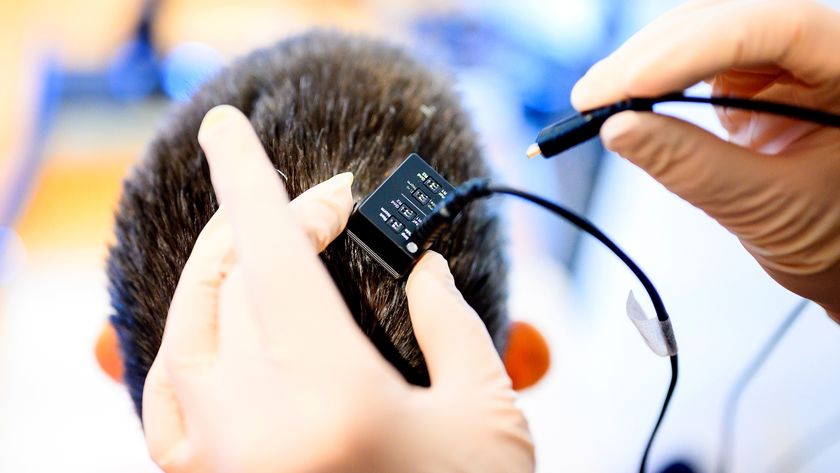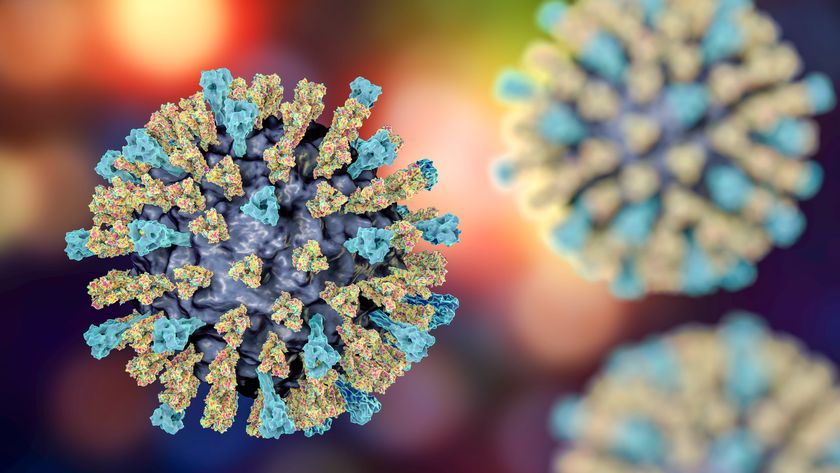Monkey's Voice Good as Human's for Newborn Babies

ST. LOUIS—Straight out of the womb, infants may be just as aroused by a rhesus monkey call as by human speech.
Infants are acute listeners. Previous studies have found newborns perk up more to folk music than white noise. And four-month-olds like listening to people talk more than they like white noise.
But when it comes to sounds made by all things biological, newborn babies might not discriminate. [Why Pregnancy Really Lasts 9 Months]
The preliminary finding was presented here Friday at the annual meeting of the American Association for the Advancement of Science by Athena Vouloumanos, a psychologist at McGill University.
Surprise
In light of other research the results are surprising.
For instance, scientists have seen changes in fetal heart rates when its mother talks, which suggests the fetus reacts to hearing the mother's voice.
Sign up for the Live Science daily newsletter now
Get the world’s most fascinating discoveries delivered straight to your inbox.
The recent findings imply that an infant's first preference for sounds comes not just from experiences it had while inside the womb. Rather, a baby's listening skills might be honed to human speech during the first few months of life outside the womb.
"It was very shocking," Vouloumanos told LiveScience. "I thought for sure that they would prefer the human speech. I kept testing more babies because I couldn't believe it."
The McGill research group measured a newborn's level of interest in sounds by giving them sterilized pacifiers that measured the frequency and intensity of the baby's sucking.
"There are all kinds of suckers: soft suckers, hard, rapid and slow. When they suck hard, they get to hear a sound, and when they're aroused they suck hard," Vouloumanos said.
No preference
The team tested babies that were 10 to 96 hours old by playing recorded sounds of human speech and alternating with recordings of monkey calls. The researchers chose to use rhesus monkey calls because they have a similar vocal tract to humans.
The babies sucked the same for both sounds.
By three months, babies are aroused more by speech than monkey calls. The results indicate that we may be born with a broad preference for biological sounds, which gets rapidly fine-tuned for species-specific language.
"If these babies spent the first three months with rhesus monkeys, maybe they'd prefer monkey calls," Vouloumanos said.
The research has not been published in a peer-reviewed journal.
Originally published on Live Science.

'Love hormone' oxytocin can pause pregnancy, animal study finds

'Mini placentas' in a dish reveal key gene for pregnancy











